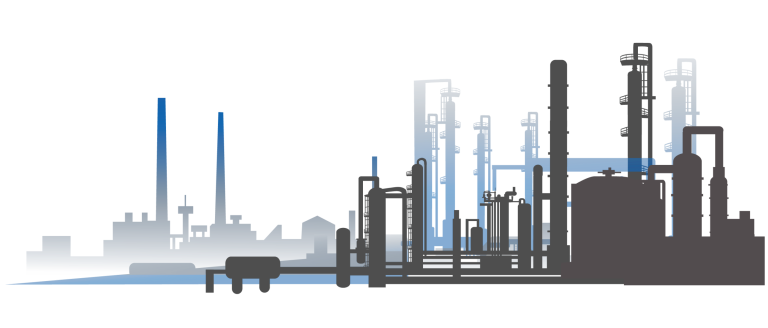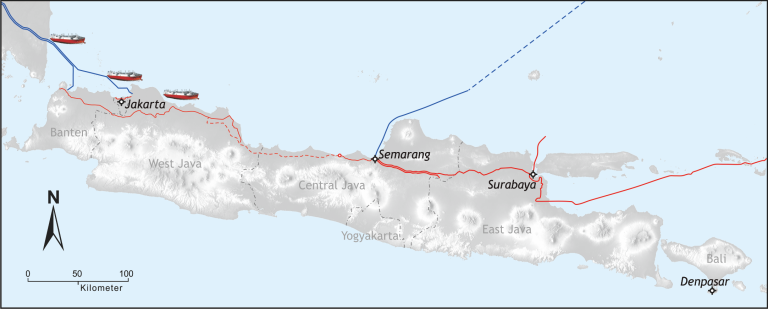As global efforts to tackle climate change intensify, the oil and gas industry is positioned to contribute a major role in cutting methane emissions. Methane, as the primary component of natural gas, has the ability to trap heat 80 times more effectively and 28 times more powerful than CO2 in terms of its global warming potential, making methane abatement an impactful initiative to decelerate global warming. Reducing methane emissions from the oil and gas sector is crucial for achieving near-term climate goals, but effective methane abatement requires a critical first step; comprehensive, accurate, and reliable data on methane emissions. Without robust data, efforts to measure, monitor, report, and verify methane emissions will remain fragmented and inefficient.
The oil and gas industry is a significant contributor to methane emissions, accounting for approximately one-third of the warming caused by greenhouse gases today. Methane emissions in the oil and gas industry occur at numerous points across the supply chain—during extraction, processing, transportation, and storage—as methane can escape from equipment leaks, venting, flaring, or incomplete combustion. However, methane is a colorless and odorless gas, making it hard to detect and measure without advanced technologies. While accurate data is the cornerstone of a successful methane abatement strategy, this is by far the main challenge faced by many oil and gas companies. Thus, preparing a system to gain robust data on methane emissions should be the starting point in performing methane abatement initiatives.
The foundation of creating this system lies in a comprehensive approach that integrates Measurement, Monitoring, Reporting, and Verification (MMRV). Measurement involves using accurate, reliable tools and technologies to quantify methane emissions at various points in the production chain. Monitoring, on the other hand, refers to the continuous tracking of emissions over time, enabling companies to identify trends, assess the performance of mitigation strategies, and prioritize high-risk areas or hot spots that require urgent attention. Once emissions are measured and monitored, reporting ensures data is compiled into a clear and standardized format to showcase accountability. The final piece of the MMRV framework, verification, is equally vital. Independent third-party verification ensures the reported data is accurate and reliable, giving external parties confidence and trust in the companies. Together, these steps create a robust data ecosystem that not only helps to identify and mitigate methane emissions but also supports decision-making, drives continuous improvement, and demonstrates commitment to environmental responsibility.
Several challenges may be encountered by companies in deploying measurement and monitoring technologies to complement the MMRV system, particularly in terms of cost allocation, applicability, and operational disruption. The initial investment in advanced technologies can be prohibitively expensive, especially for companies with a wide range of assets located in different regions. Moreover, the applicability of these technologies can vary depending on the specific conditions of each site, such as location, infrastructure, and the type of operation, making it difficult to standardize monitoring procedures across different assets. Beyond technology, the operational disruption caused by installing new monitoring equipment and the integration process with existing infrastructure while also ensuring it operates seamlessly within daily operations can lead to temporary downtime or a shift in workflows, which may impact productivity.
Specific to the oil and gas industry, the United Nations Environment Programme (UNEP) launched a global initiative called Oil and Gas Methane Partnership (OGMP) 2.0 to help oil and gas companies assess methane emissions through a standardized framework and protocol. OGMP 2.0 aims to set a new standard for transparency of methane emissions reporting and directly connects it to strategic mitigation actions. Through this framework, OGMP 2.0 encourages companies to start measuring their methane emissions through the simplest approach using emission factors while continuously escalating measurement and monitoring technology implementation through a staged approach. Utilizing the available reporting framework might be a good start for companies to prepare a robust data ecosystem, thus enabling companies to determine and implement effective and sustainable methane abatement strategies.




